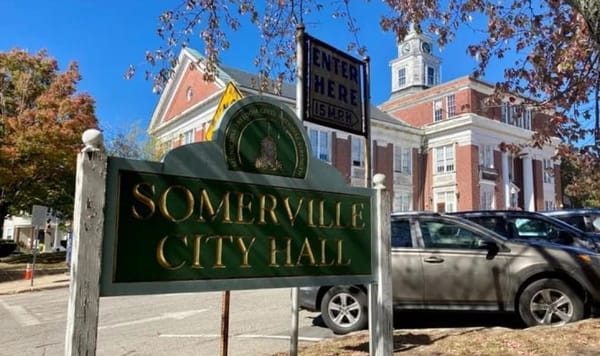Charter Looking to Surrender More Than 1,400 Additional RDOF Locations
Tribal governments opted for their own networks or local providers.

WASHINGTON, June 10, 2024 – Charter Communications is looking to hand back more than 1,400 more locations it had committed to serve as part of a federal rural broadband subsidy program.
The company surrendered in April another 23,000 homes and businesses it had been assigned through the Federal Communications Commission’s Rural Digital Opportunity Fund, citing the high cost of replacing utility poles and repeated disagreements with the companies that own them. Charter tacked on another 59 census block groups – without specifying how many locations they included – in late May.
This time, the company says it has been unable to get the go-ahead from three tribal governments that oversee the locations themselves or necessary rights-of-way. Two tribes, Charter said, refused to grant the company access because they’re pursuing fiber broadband projects owned directly by the Tribe or in partnership with local providers.
The Eastern Band of Cherokee Indians, whose Tribal lands account for 1,220 of the affected locations, plus another 126 that can only be connected by deploying infrastructure on EBCI land, is looking to build its own network.
The Eastern Band, based in North Carolina, received in 2021 a $500,000 grant from the National Telecommunications and Information Administration to fund part of a project that aims to serve 4,000 unserved households. The Eastern Band says it applied for more funding in the second round of the same NTIA program and another Department of Agriculture grant program.
“A buildout by Charter on Tribal lands would directly conflict with EBCI’s past decision, current assets, and future plans, including its own, ongoing fiber buildouts,” the Tribe wrote in a May 1 letter to the company. “We are a rural, underserved community, and we have chosen to enter this space to serve our members and attempt to control and ensure an acceptable level of performance, security, and reliability.”
The Stockbridge-Munsee Community, which controls rights-of-way to 91 homes and businesses in Wisconsin, refused Charter’s request for access in favor of a partnership with a local provider funded by Wisconsin Public Service Commission grants.
“The Stockbridge-Munsee Band of Mohican Indians does not grant permission to [Charter/Spectrum Mid-American LLC] for the purpose of overbuilding its fiber network at this time,” the Tribe wrote to the company in April.
After initial meetings with the Ho-Chunk Nation, also in Wisconsin, the company said it received no response to its attempts at contacting the Tribe.
The company is asking the FCC to waive any penalties for handing back the locations, since “Charter pursued the relevant rights-of-way in good faith, and no public interest would be served by penalizing Charter for stepping aside now.”
The agency can levy fines against companies that drop areas they had committed to serve under the program.
RDOF has been plagued by defaults since the FCC held a reverse auction for the program in 2020.
Nearly one-third of the $9.2 billion initially set to be disbursed over the life of the program has been defaulted on. Much of that came when Starlink, LTD Broadband, and Starry failed to convince the agency they could make good on their commitments and lost out on a combined $2.5 billion, but companies are continuing to hand back locations or asking to transfer them to other providers.
Charter, the program’s largest participant, was initially authorized to receive more than $1 billion over 10 years through RDOF in exchange for getting broadband to 1.05 million rural homes and businesses.
The FCC proposed last week loosening the program’s financing requirements in an effort to keep participants on board as costs continue to rise.
Some RDOF winners and consumer advocates are asking the agency to lighten financial penalties for defaulting, in an effort to get projects unlikely to pan out off the books. Many states – including North Carolina and Wisconsin – are currently finalizing their maps for the Biden administration’s $42.5-billion broadband expansion program, and locations marked as RDOF commitments are ineligible for that program.








